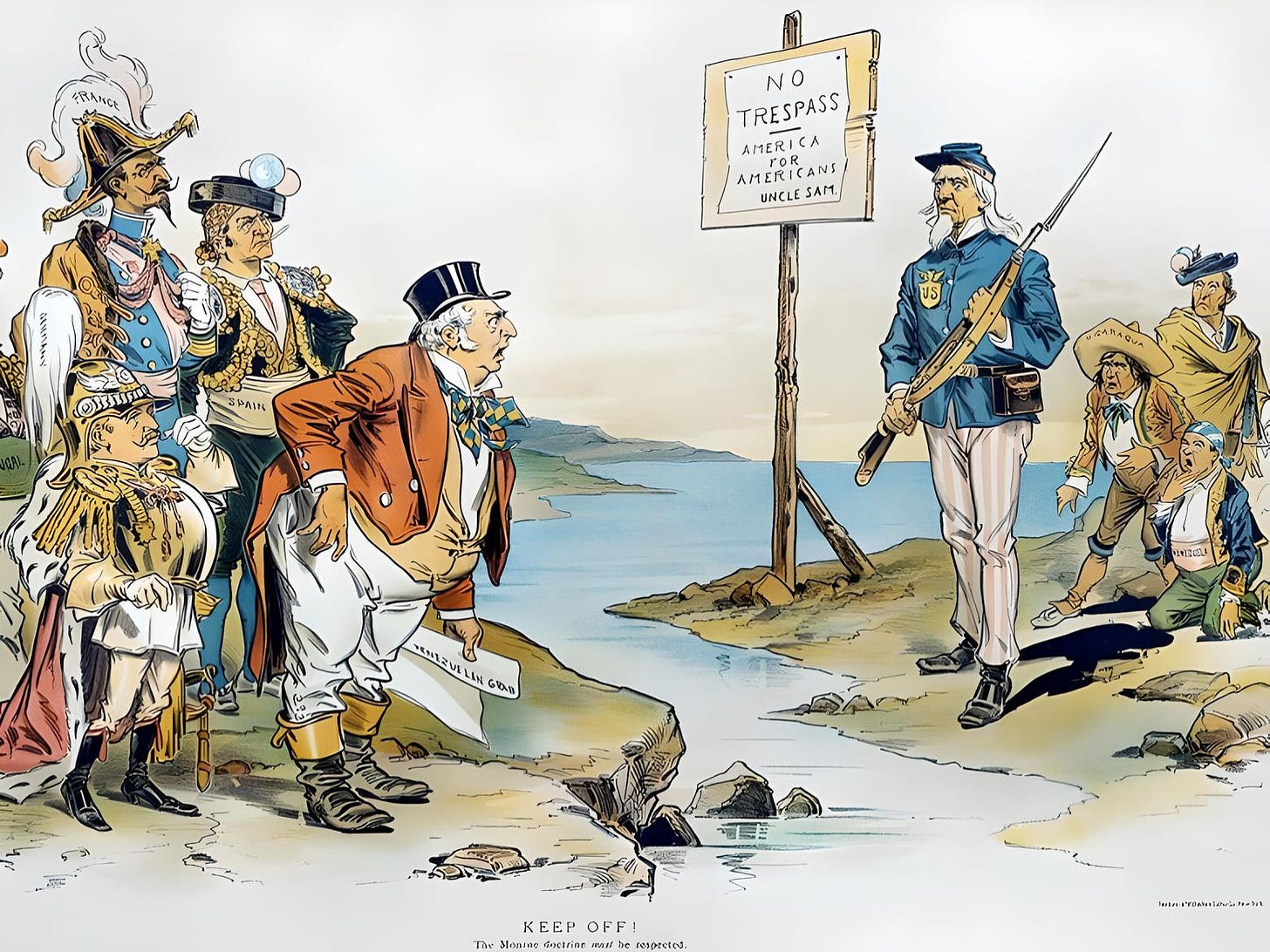What the West Can Learn from Japan About Immigration
By David Josef Volodzko
This article is from journalist and recent TRIGGERnometry guest, David Josef Volodzko. You can read David’s own Substack here.
“One of the reasons why our economy is growing,” President Biden said in May, is “because we welcome immigrants. Why is China stalling so badly economically? Why is Japan having trouble? Why is Russia? Why is India? Because they’re xenophobic.”
Except of course, none of this is true.
Not only are we possibly entering a recession, but the economic growth we have seen under Biden wasn’t because we welcome immigrants but mainly because he passed a $1.9 trillion stimulus bill. Nor are any of the economies he listed stalling due to xenophobia. Russia’s troubles relate to the war in Ukraine. China was hit by its real estate bubble bursting and Xi Jinping’s industrial crackdowns. India’s economy actually grew at an astounding 8.2% last quarter. And Japan stumbled last year, but was in recovery by the time Biden spoke.
How did he end up being so utterly wrong? It’s not because he lacks access to the data, but because he and the Democratic Party, including his “border czar” Vice President Harris, subscribe to the dogma of multiculturalism. This is the belief that diversity is always better than the alternative, not just morally but economically, and that having secure borders with a discriminating immigration policy is inherently unjust.
But as Western nations struggle to find the balance between security, addressing labor shortages, helping refugees, and maintaining their own values, they could learn a lot from Japan.
Despite the notion that more diversity is always a Pareto improvement, Japan manages to be one of the least diverse nations in the world yet one of its greatest liberal democracies. It is famously wealthy, clean, and safe. Its people are incredibly friendly and polite. It has one of the lowest homelessness rates on the planet. And The Economist’s democracy index ranks it above the UK, France, Spain, and the United States.
I lived in Japan for four years and the closest thing to a “bad neighborhood” I ever saw was the Nishinari ward of Osaka, which is crowded and poor, but still remarkably safe. And charming.
So what does Japan’s immigration policy look like? In a 2012 study, sociologist Nana Oishi said Japan has a “closed door” in terms of unskilled migration but is “quite open” to those with needed education and skills, “even more so than some other industrialized countries.”
In the postwar decades, Japan mostly only gave work visas to highly skilled foreign citizens. In 1990, to address labor shortages, it welcomed Brazilian and Peruvian nikkei, or people of Japanese descent. In 1993, Japan created a new program to provide training to workers from developing nations, although the program has faced criticism for poor oversight regarding worker safety.
This focus on its own economic agenda and cultural preservation has remained consistent in recent years. In 2019, Japan started accepting blue-collar workers for the first time since World War II, but only in one of 12 selected fields such as construction. Workers can apply for renewable visas and the right to bring their families to Japan, but only if they pass work skills and language exams.
Last month, Japan enacted laws making it easier for foreign workers to stay longer, while streamlining the processes for accepting asylum seekers and revoking permanent resident status for those who commit serious crimes such as assault or theft.
Each of these policies have been implemented with a singular goal in mind, namely to address labor shortages while ensuring that Japan remains distinctly Japanese. That includes avoiding ideological subversion like the kind America is experiencing or crime waves like the kind much of Europe is experiencing. Simply put, Japan is not afraid to pick and choose who enters based on their cultural values and potential economic contribution.
Of course, the common counterargument to this practice is that it’s racist. But as Konstantin Kisin has pointed out, “not all immigrants are the same.” After all, “There are no Hong Kongese grooming gangs in Britain and Ukrainians aren’t running around stabbing each other on the streets of London.”
But also, another thing Biden got wrong is that Japan is not xenophobic. A 2023 index of xenophobia ranked it among the least xenophobic nations in the world and its social acceptance of migrants is roughly equal to that of France. It’s also one of the most generous nations towards asylum seekers and refugees. Its donations to the UN High Commissioner for Refugees (UNHCR) last year were eclipsed only by the U.S. and Germany, and both are larger economies.
In other words, Japan uses immigration to its benefit without allowing it to become a liability, all while remaining unsurpassed for its economic size in terms of aiding those who’ve had to flee their countries. As a result, there is no part of Japan where its values have been subverted. No streets where it’s no longer safe for Japanese women to walk. No cities set ablaze in riot.
Rather, the nation has found a way to welcome foreigners to the benefit of its citizens while maintaining its sense of self, and the West should not be shy about following in its footsteps.
Have you considered buying gold to protect yourself in these uncertain times? My bullion dealer is The Pure Gold Company. Competitive premiums, terrific service. They deliver to the UK, US, Canada and Europe or you can store your gold with them for ease and convenience.




